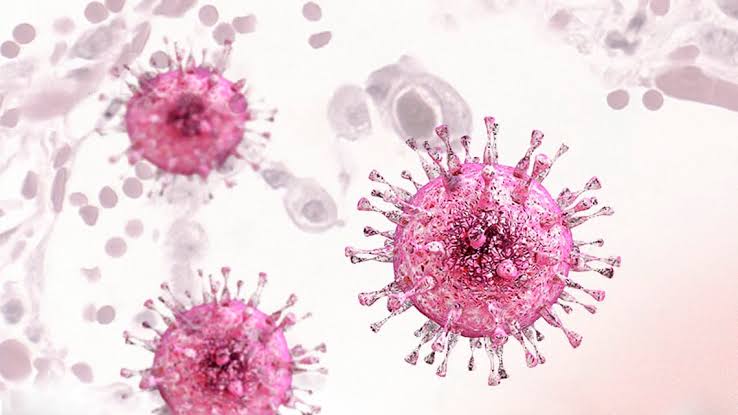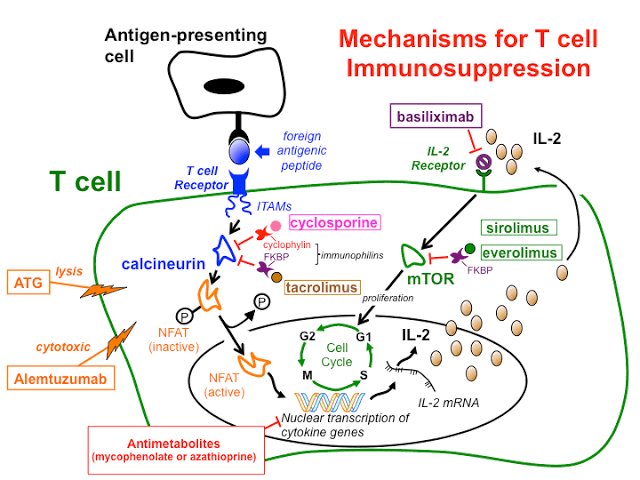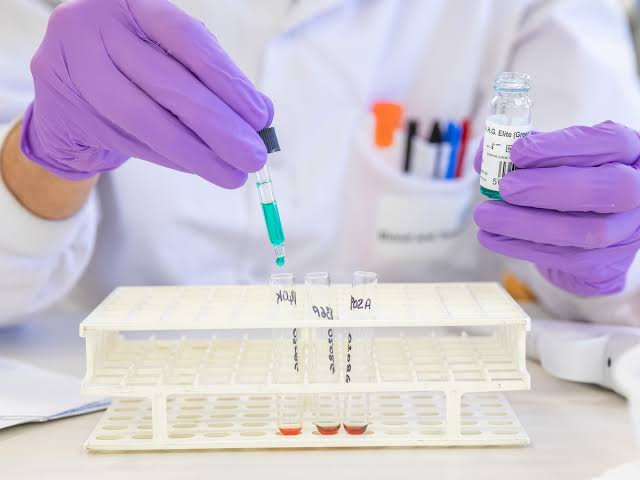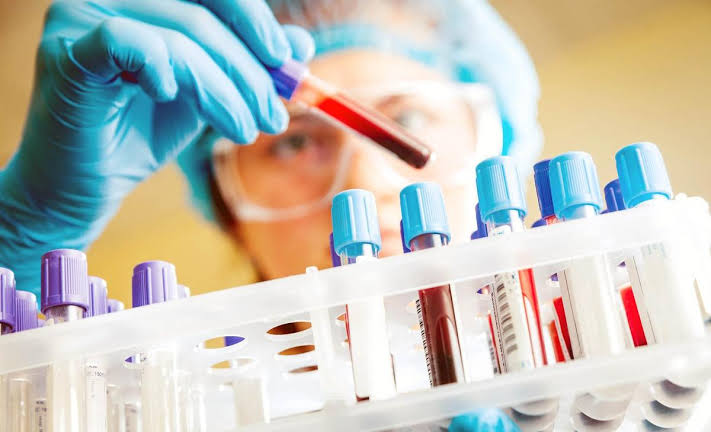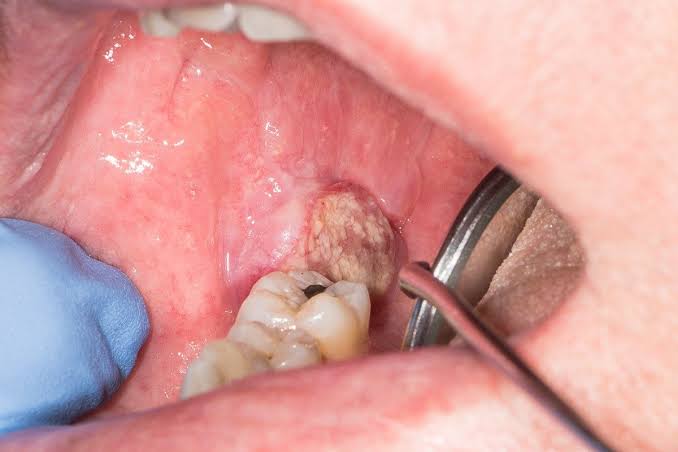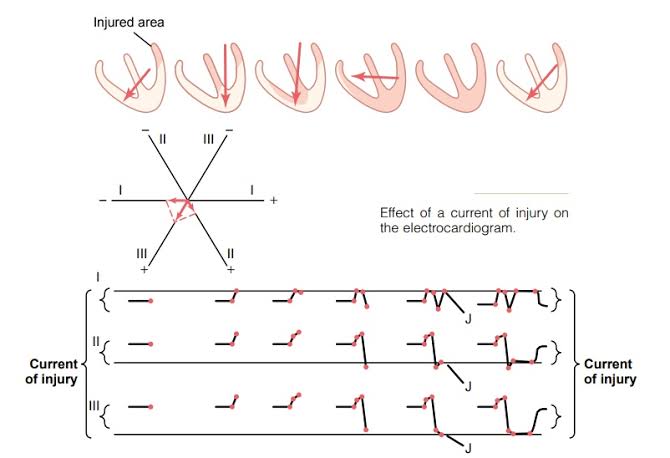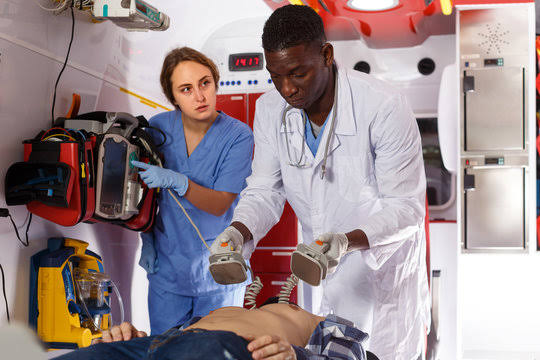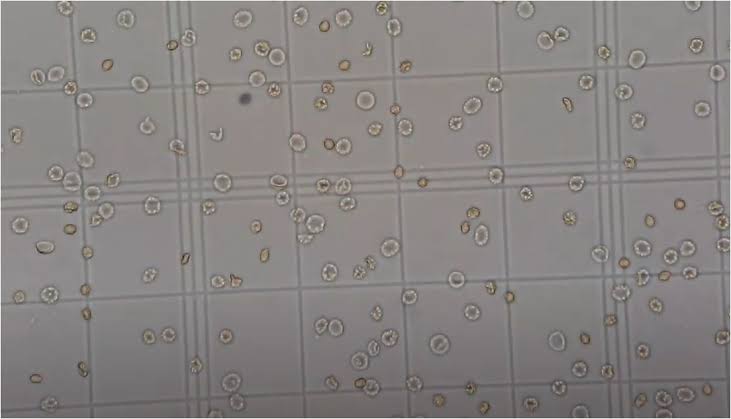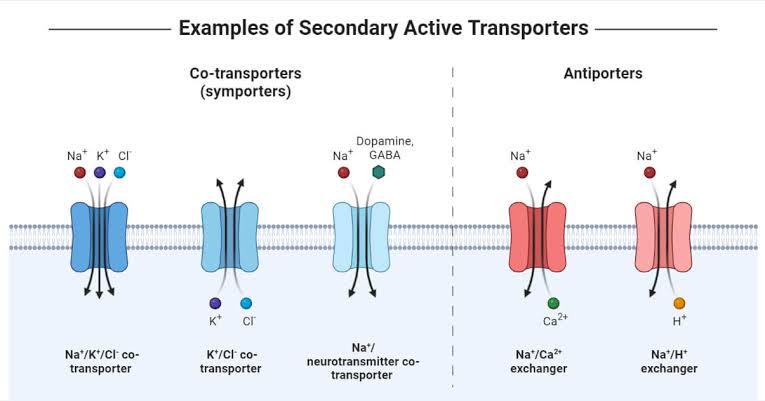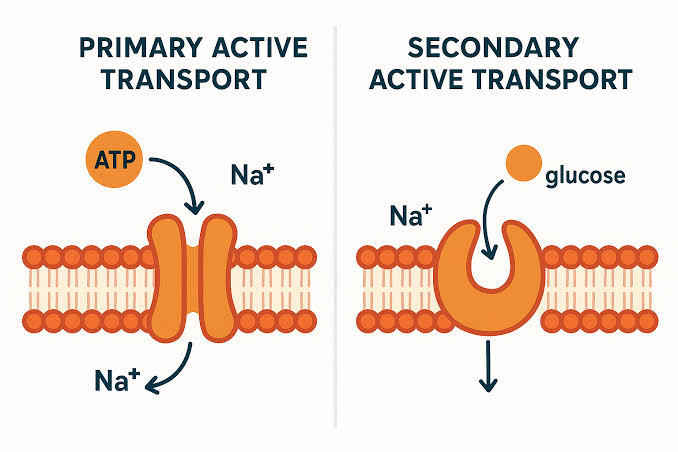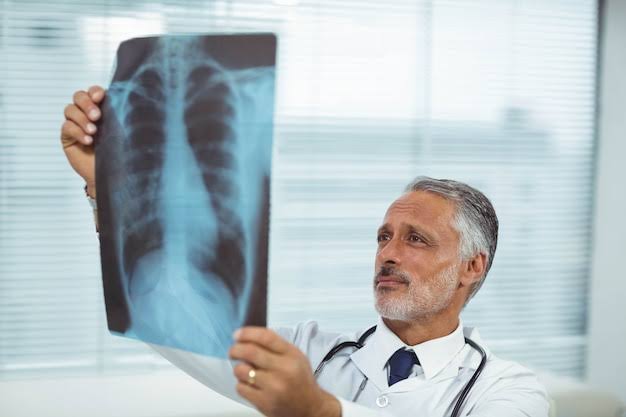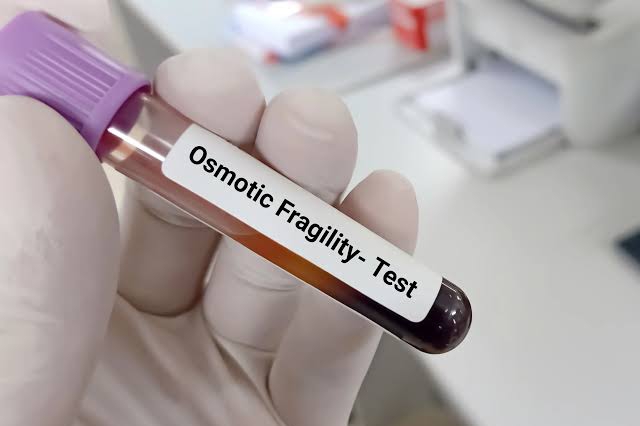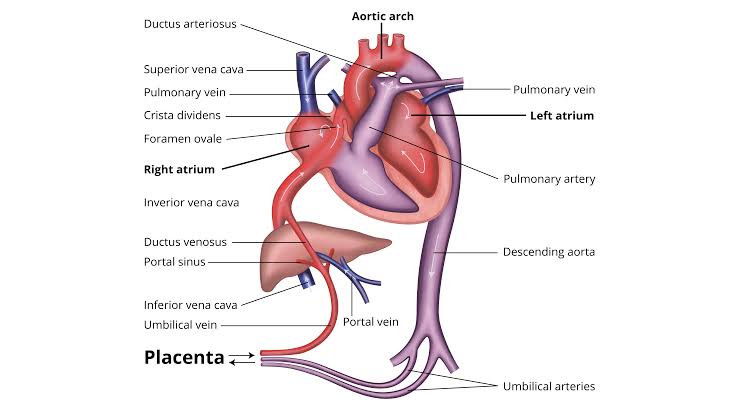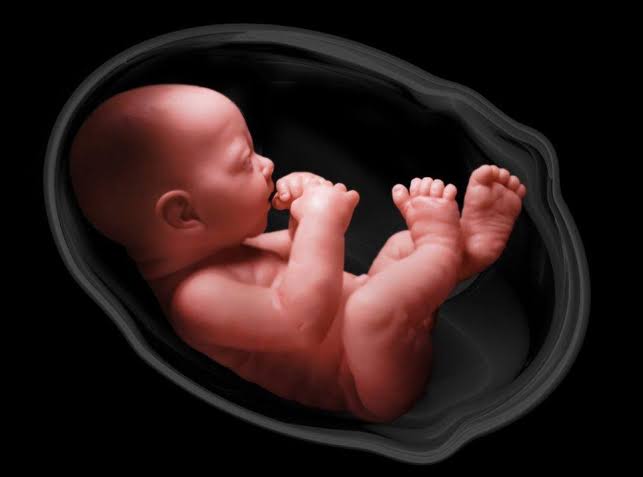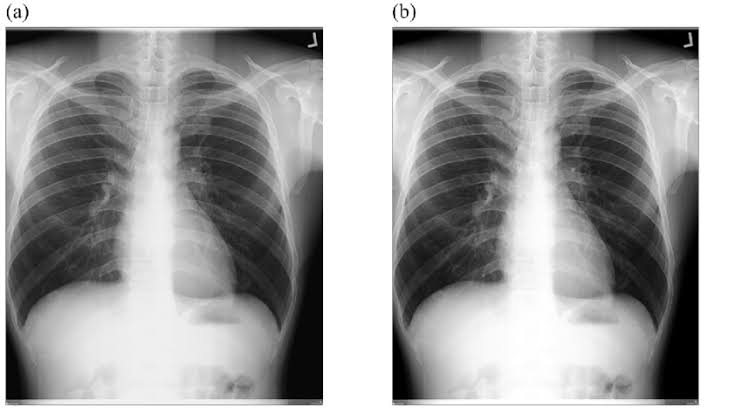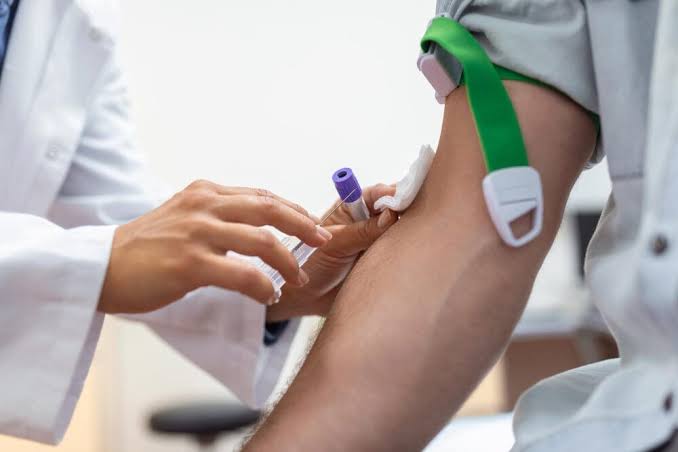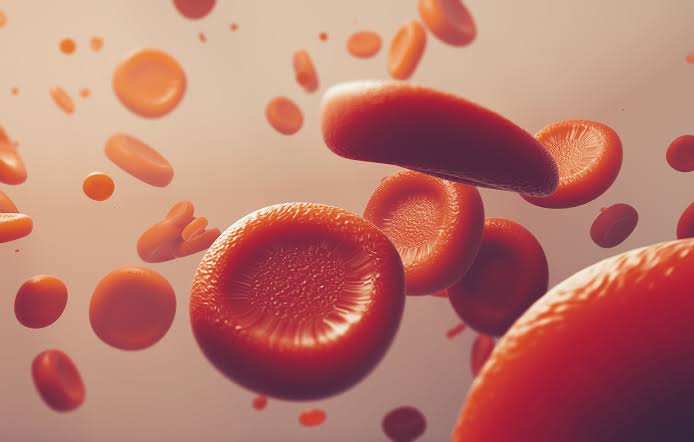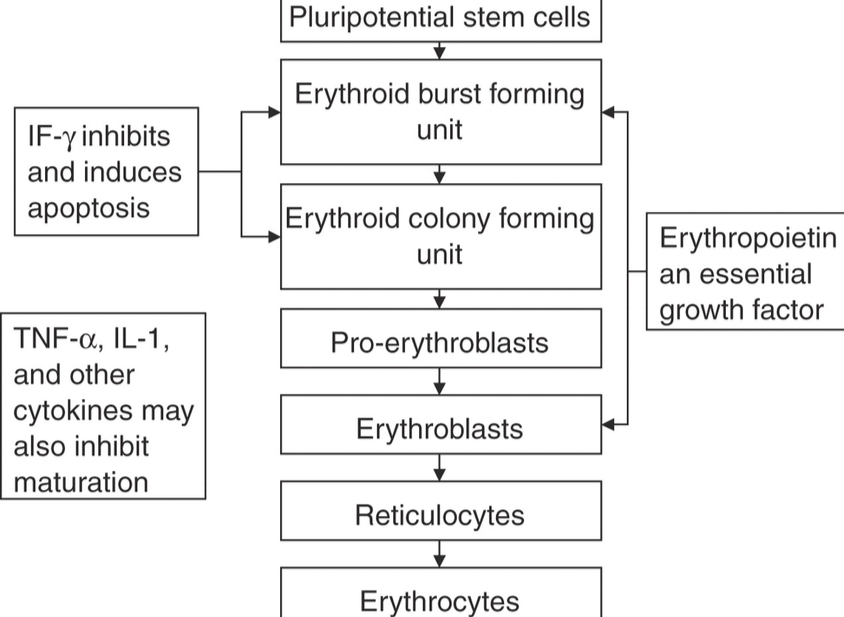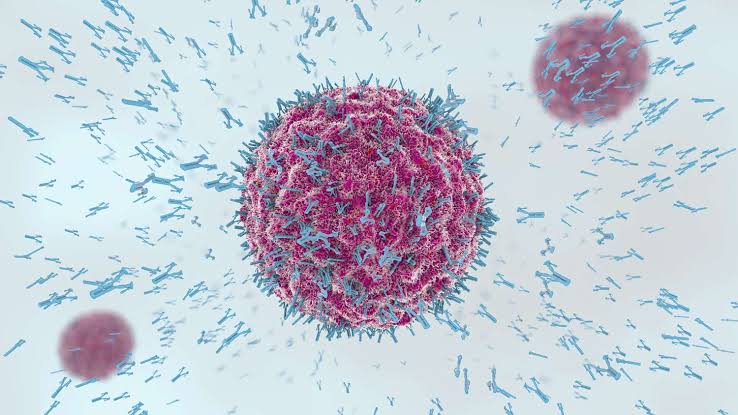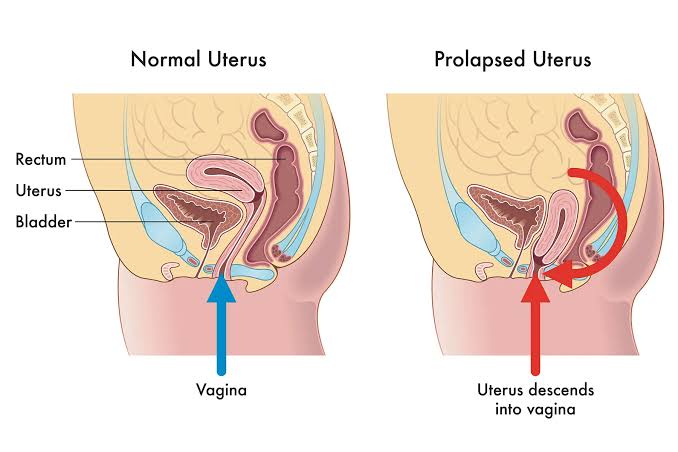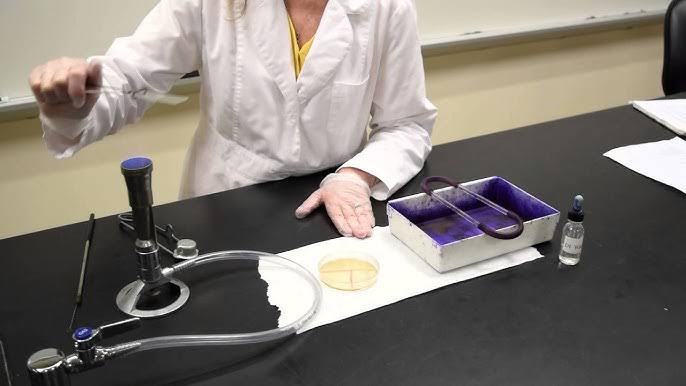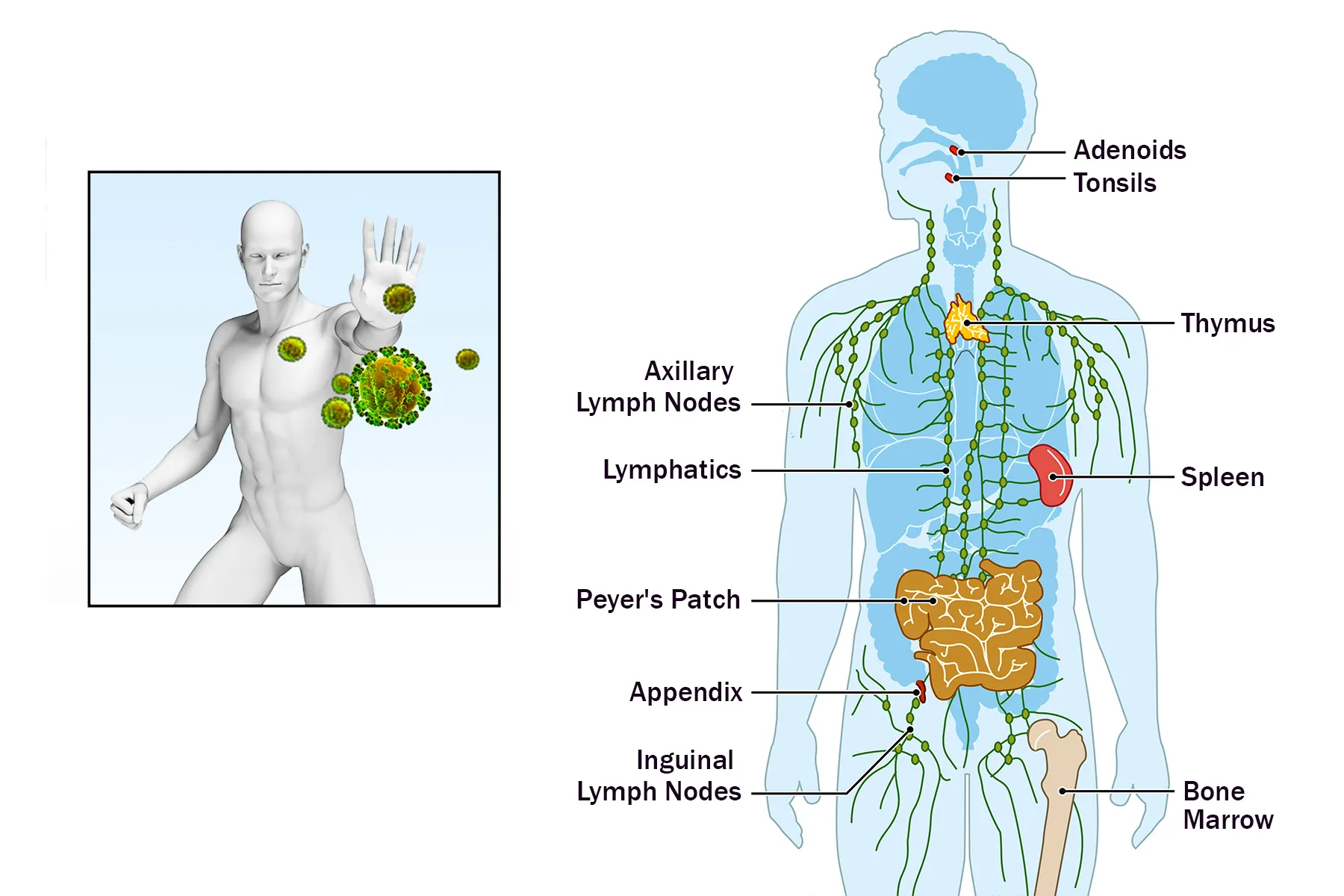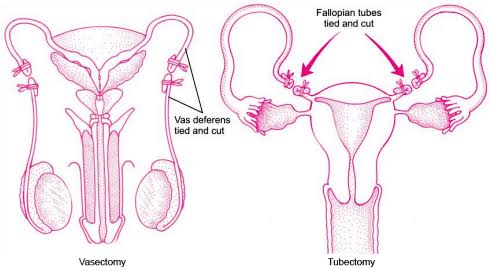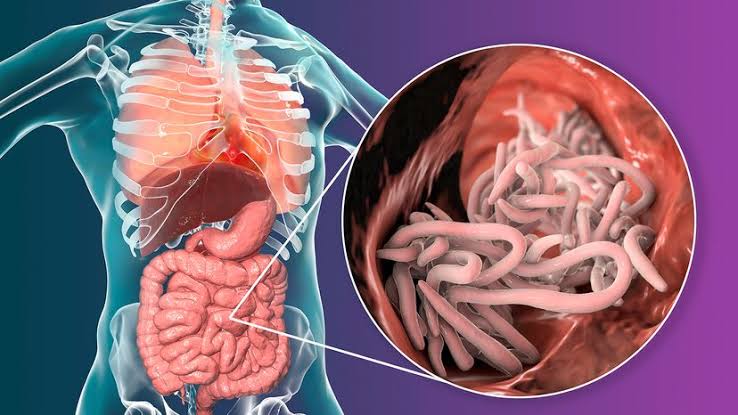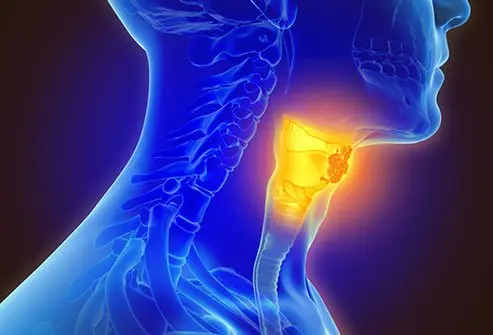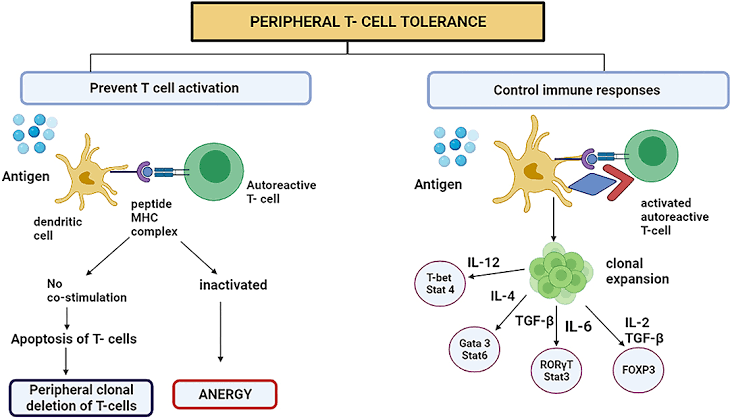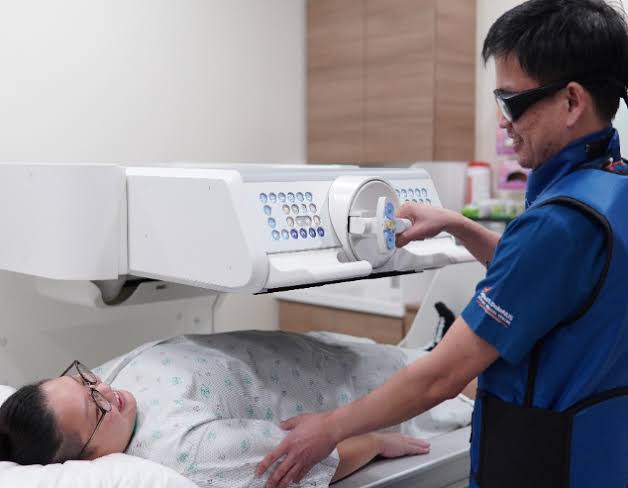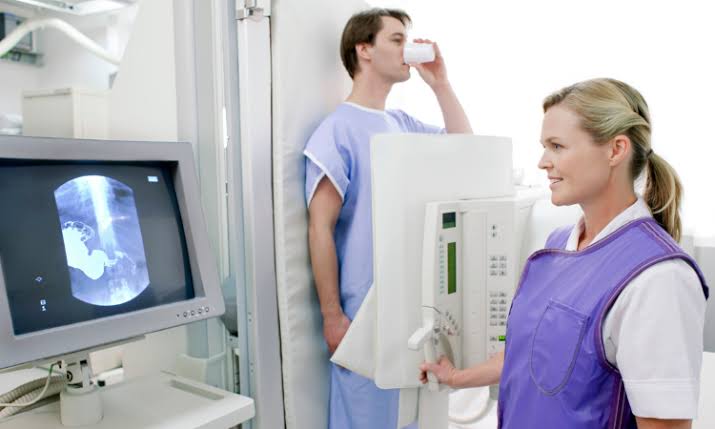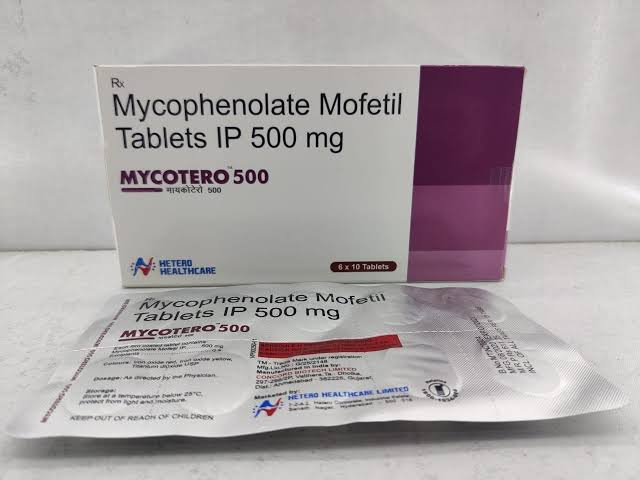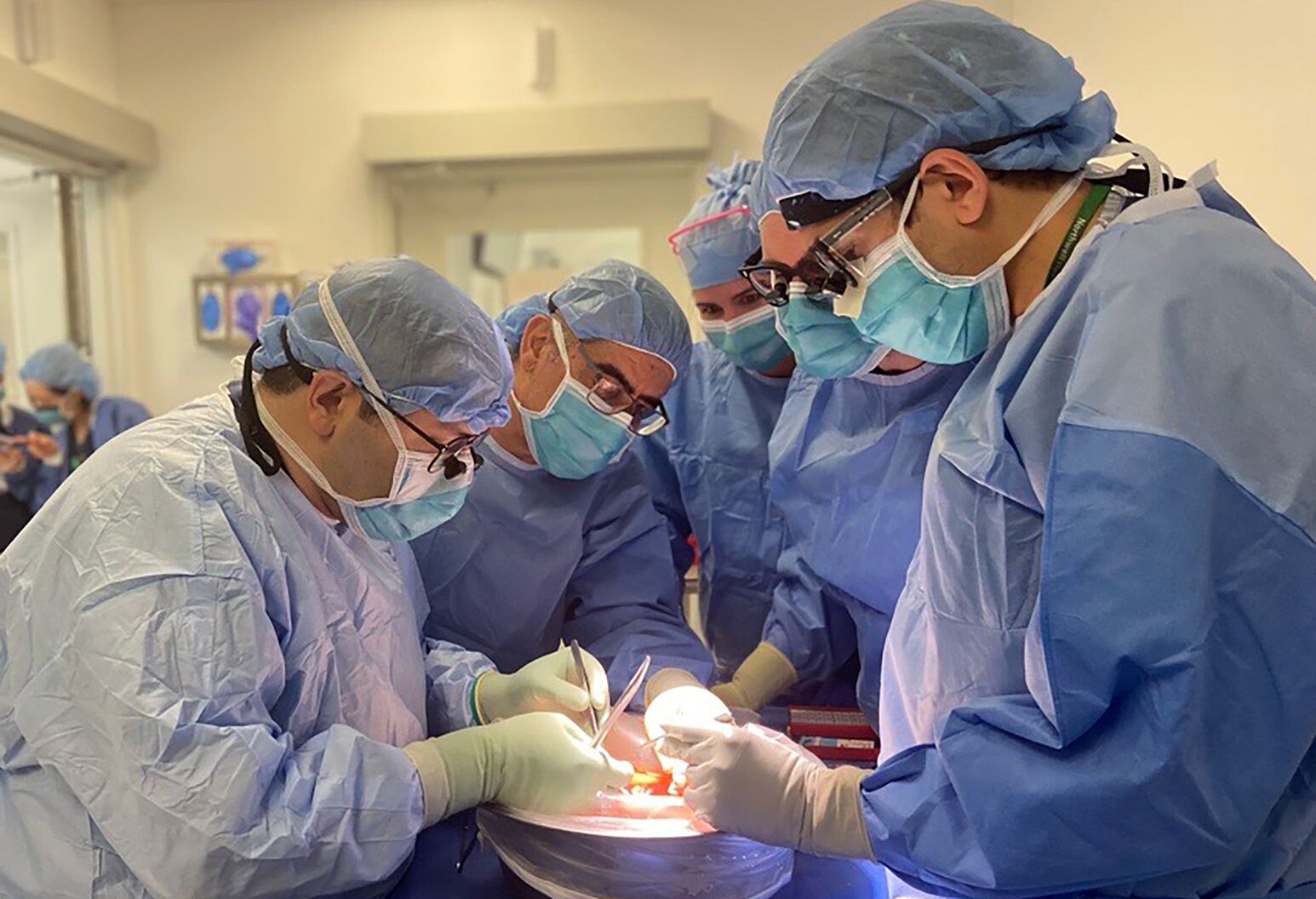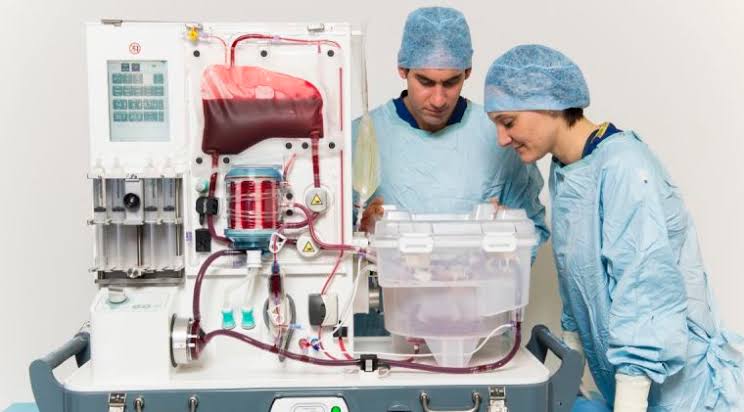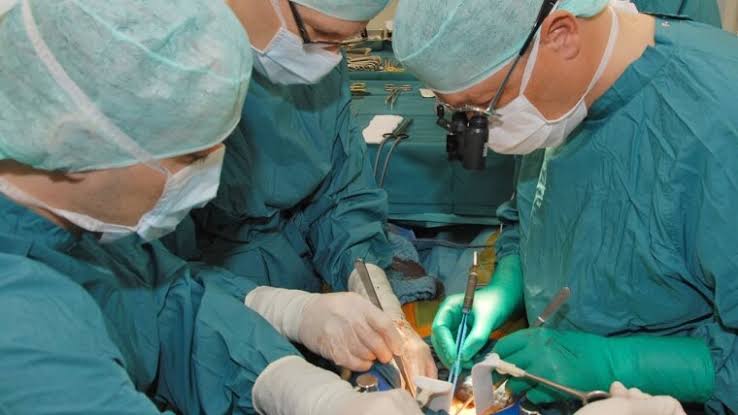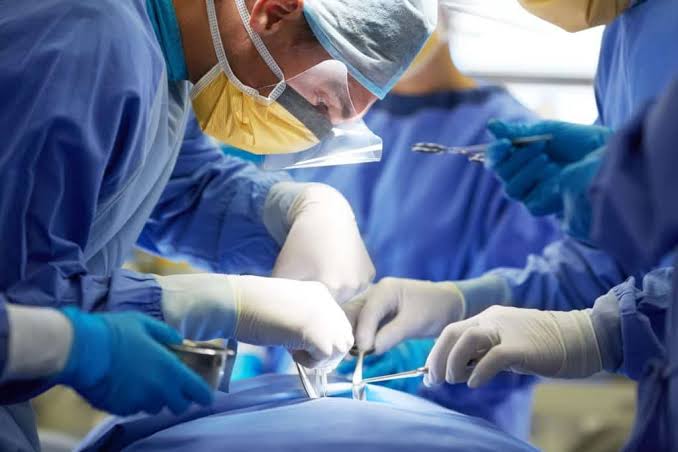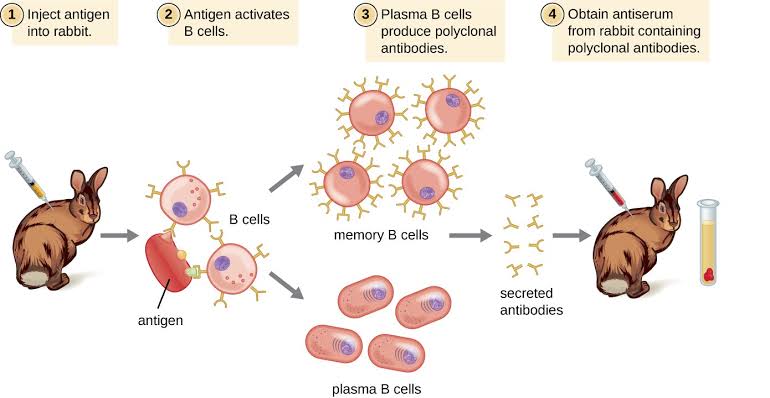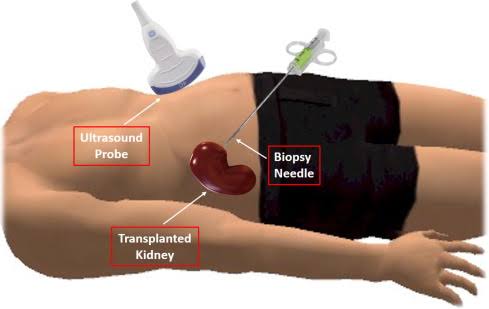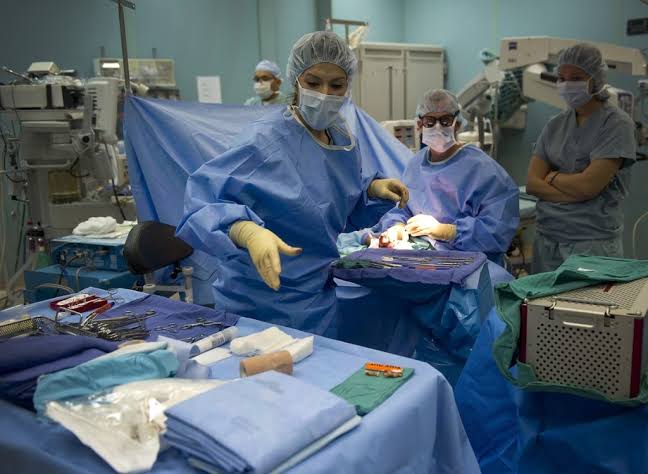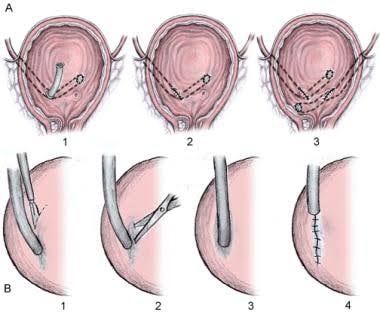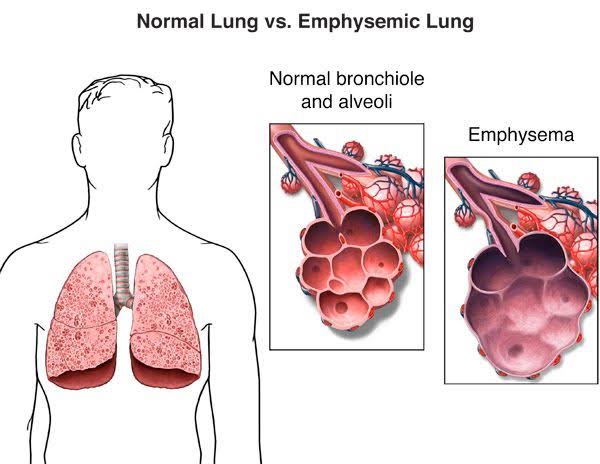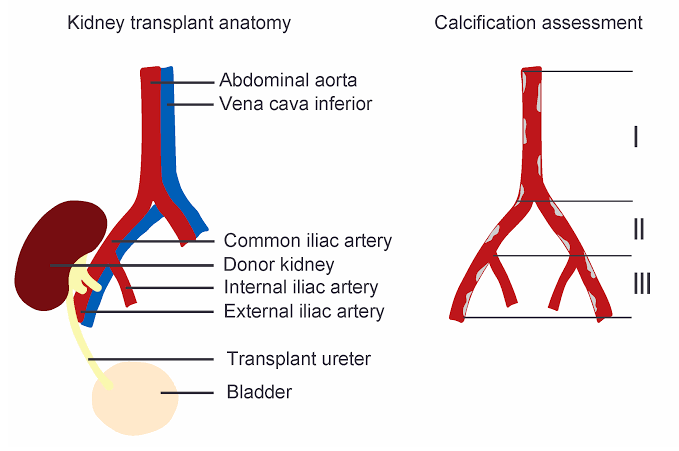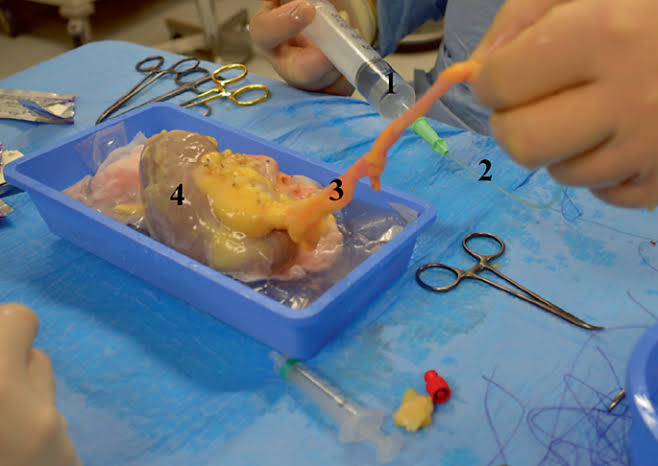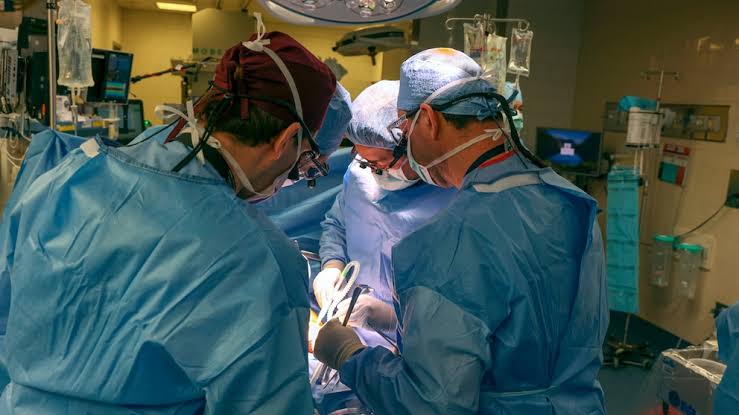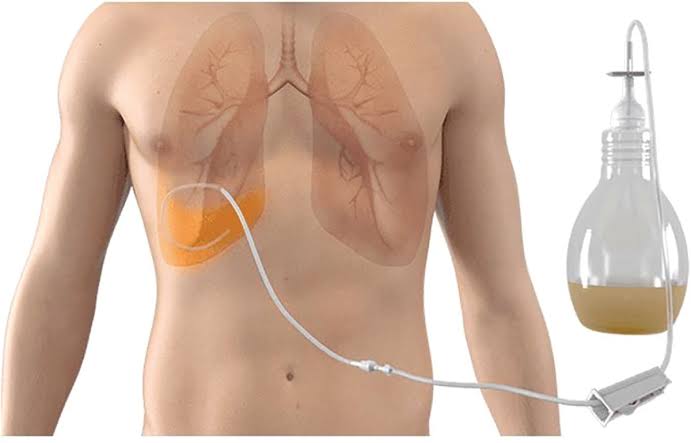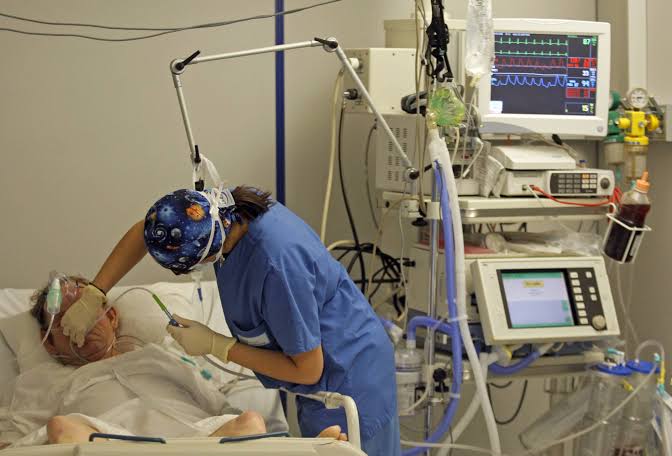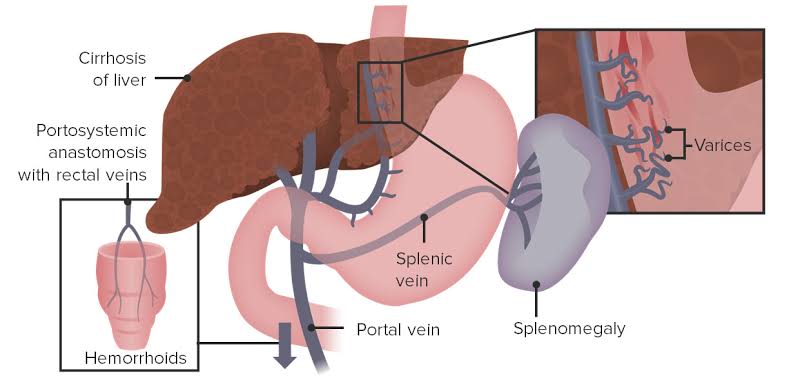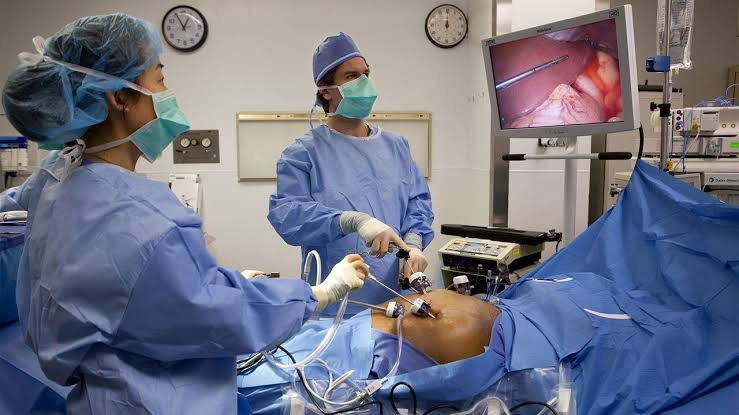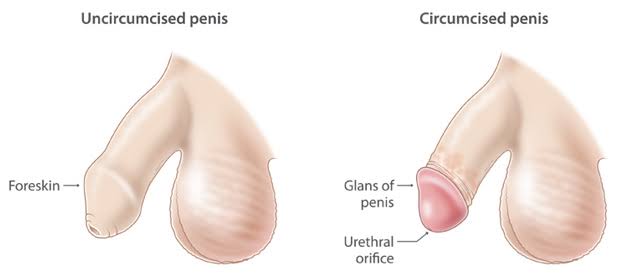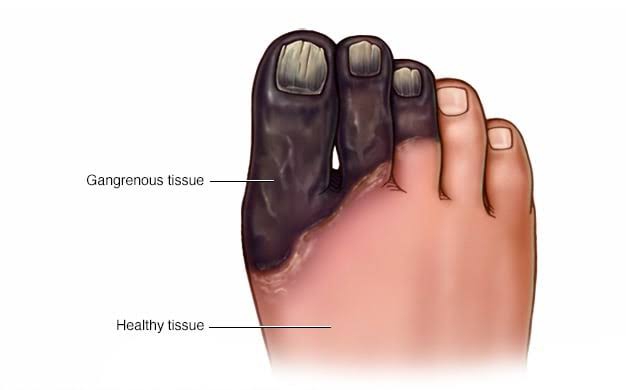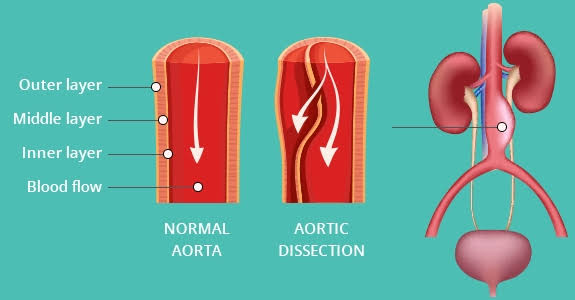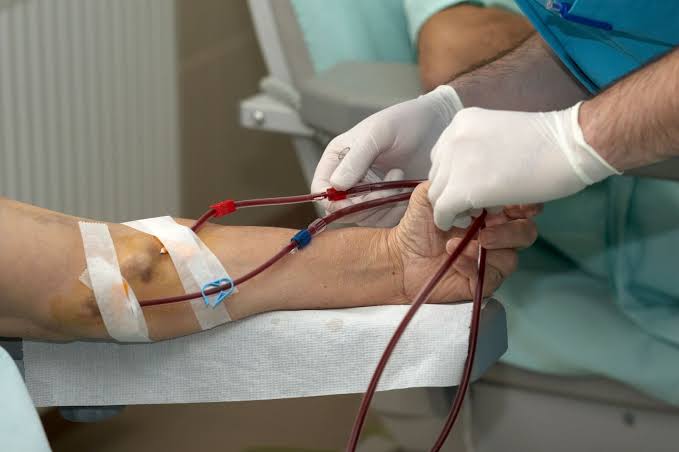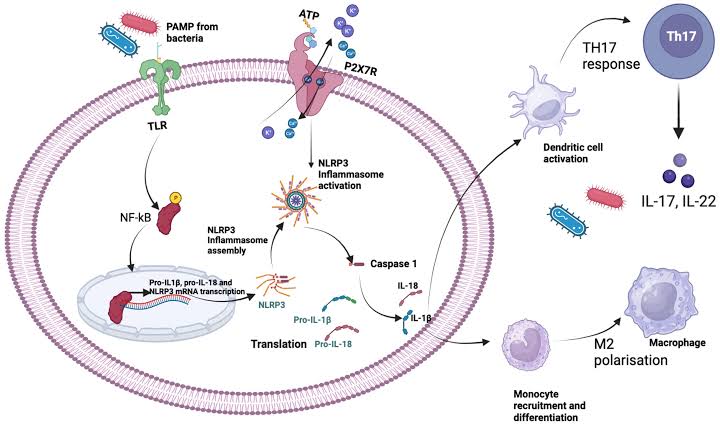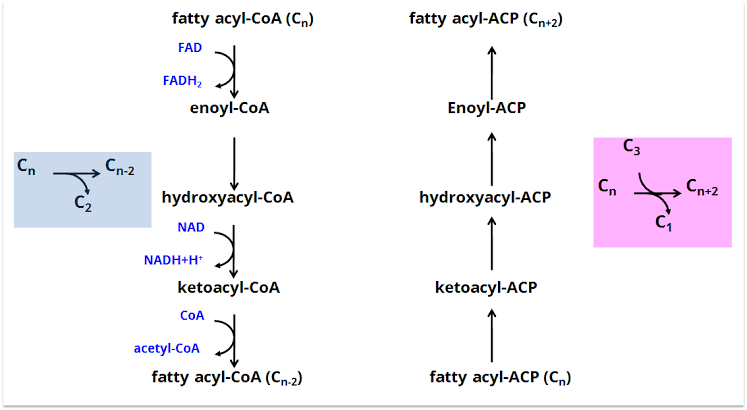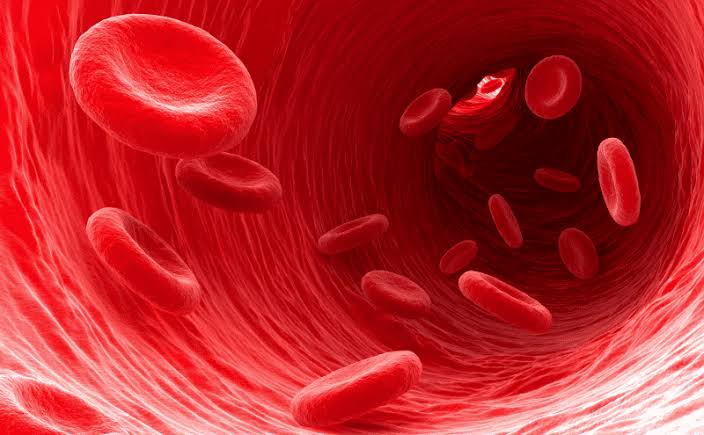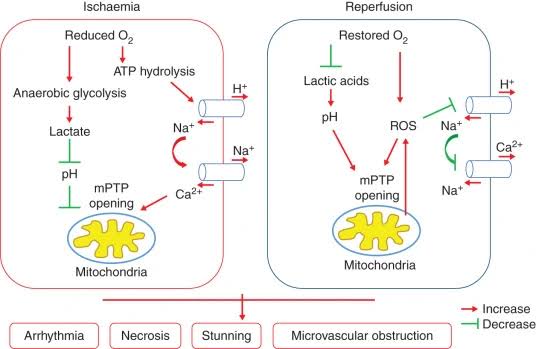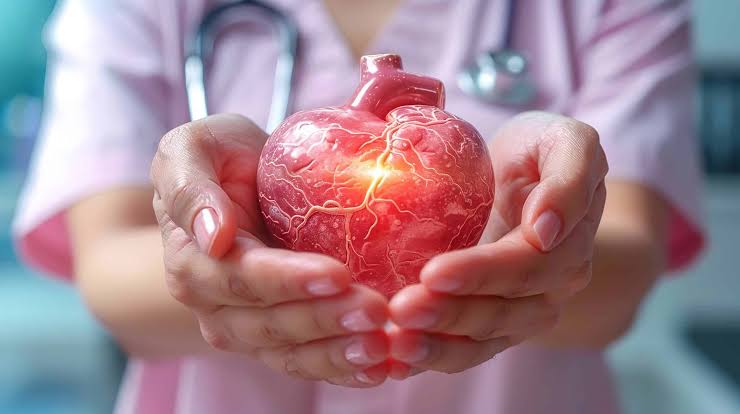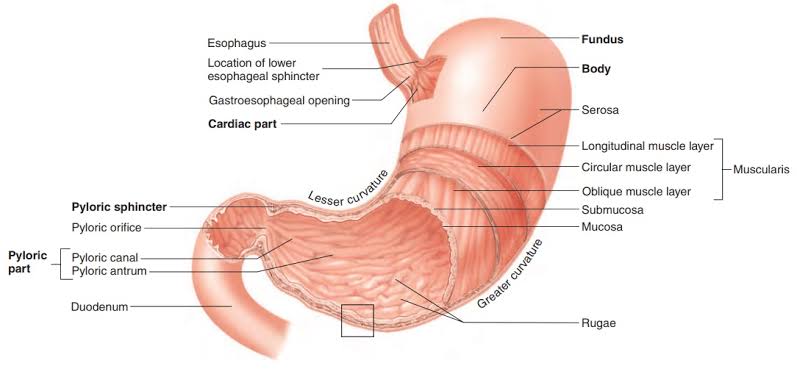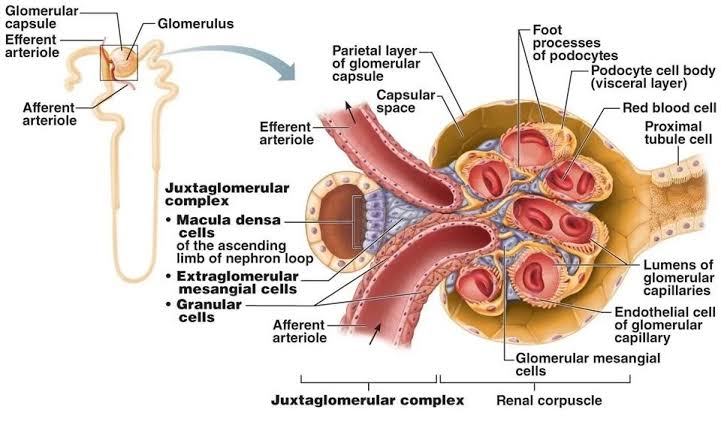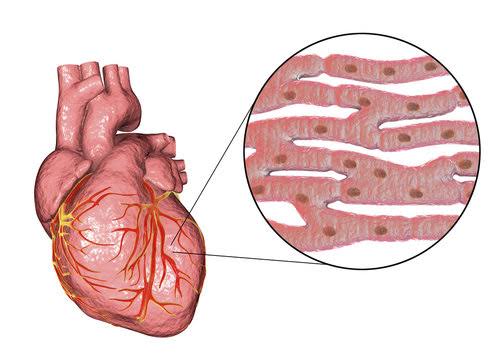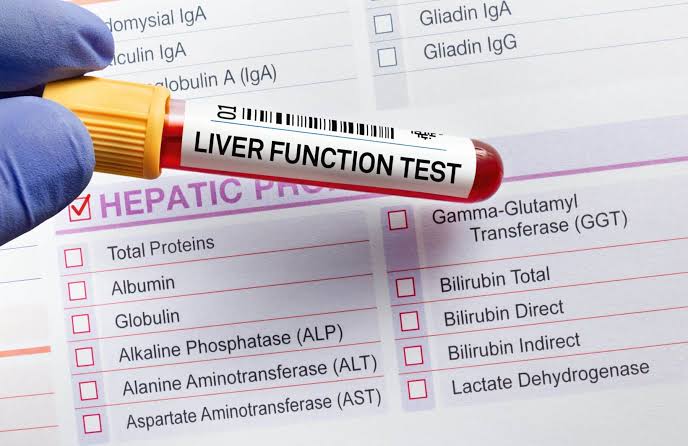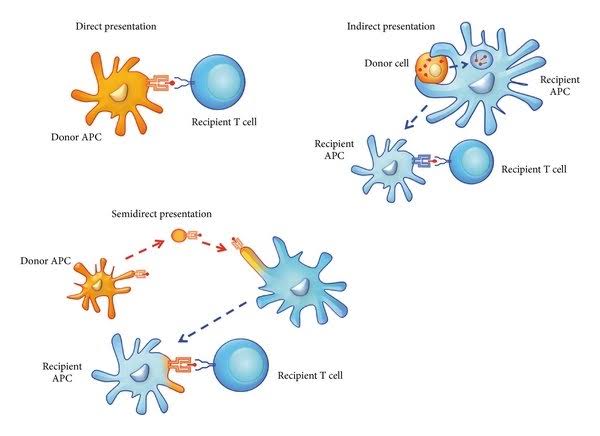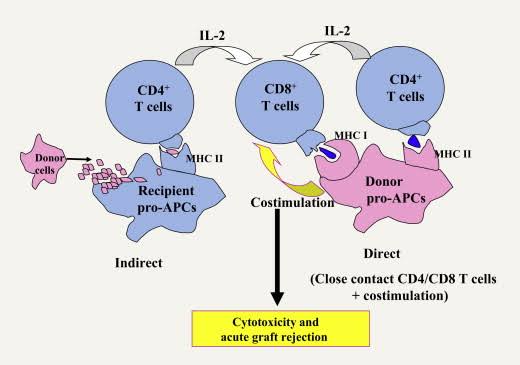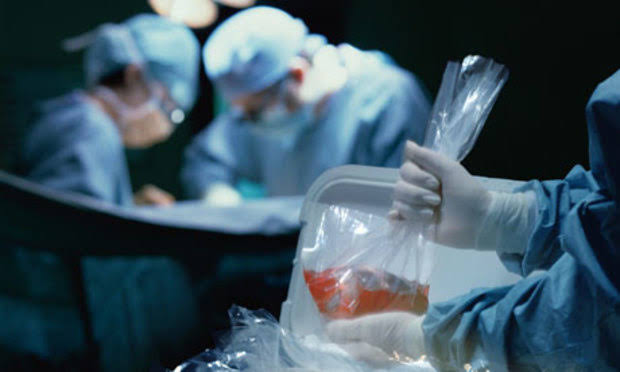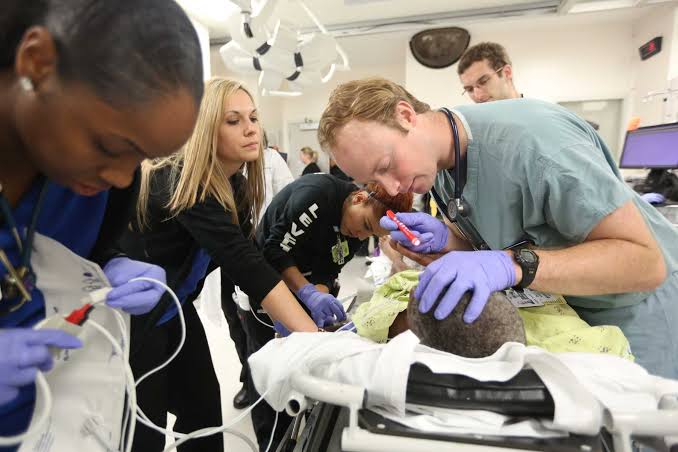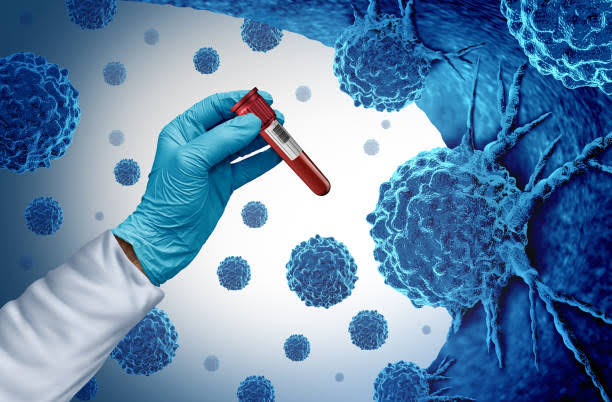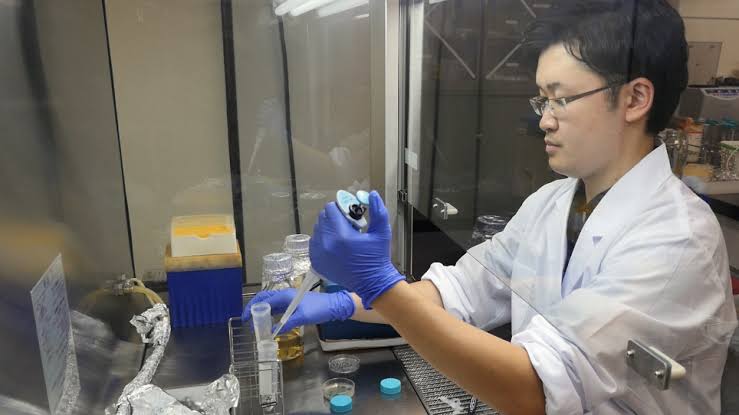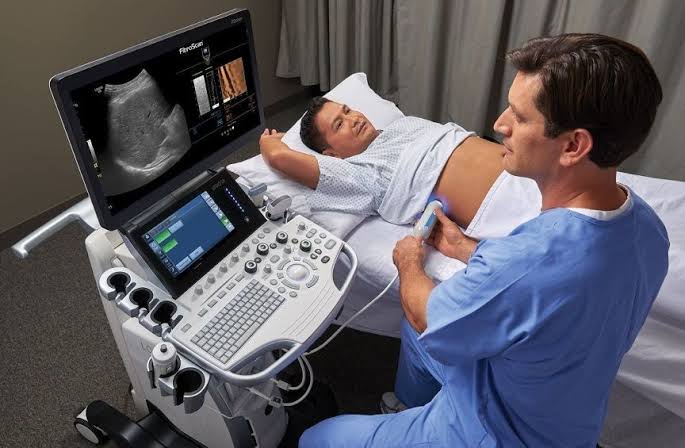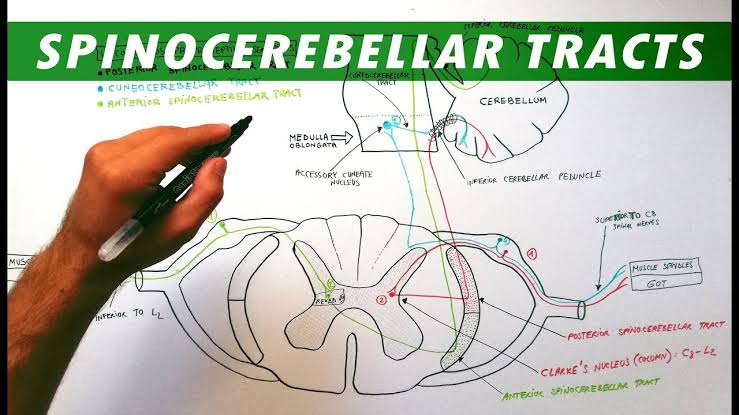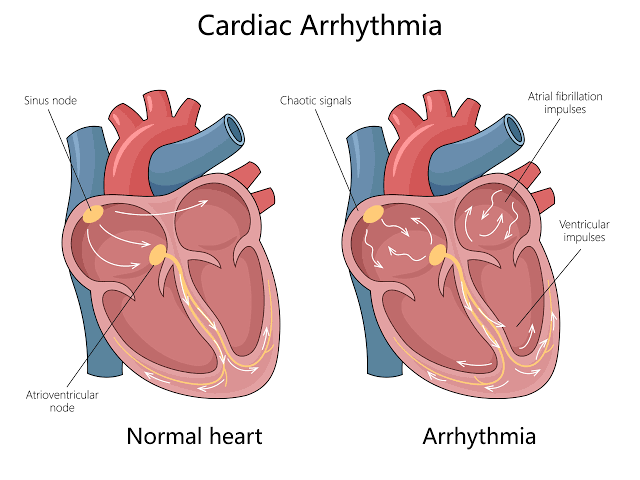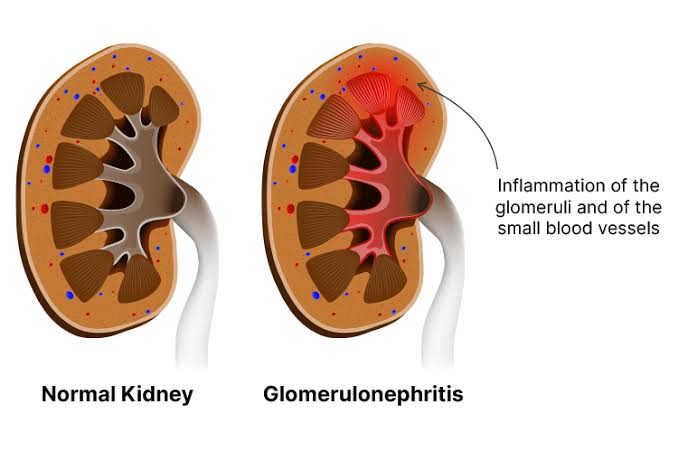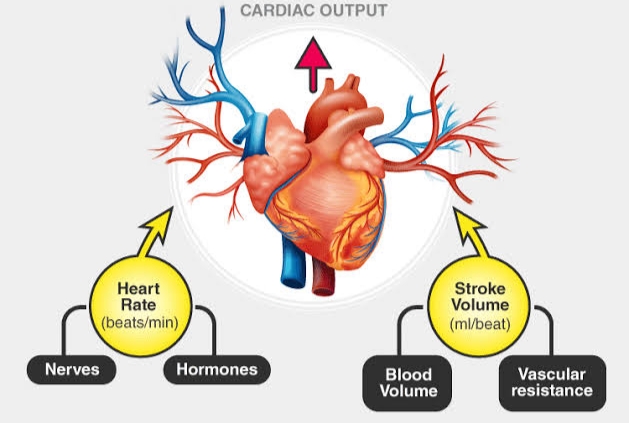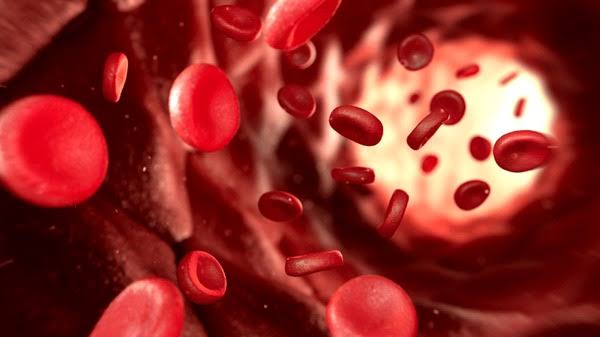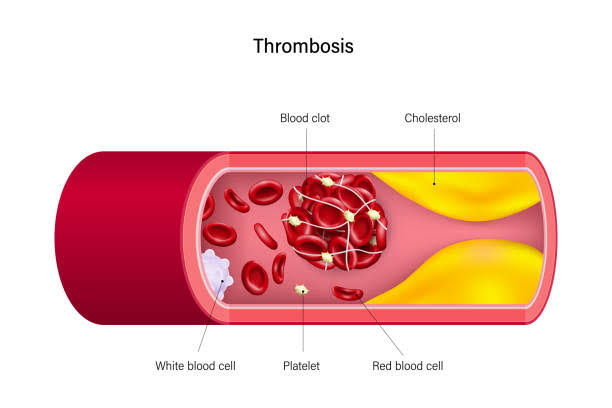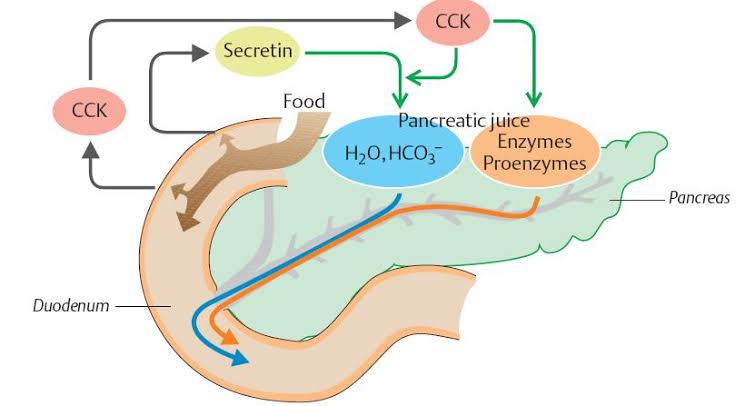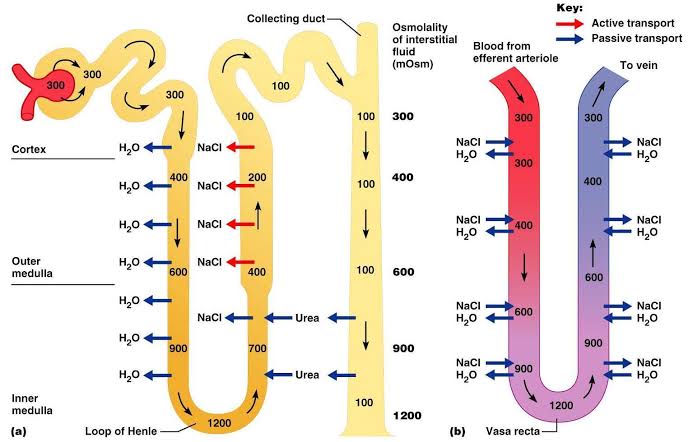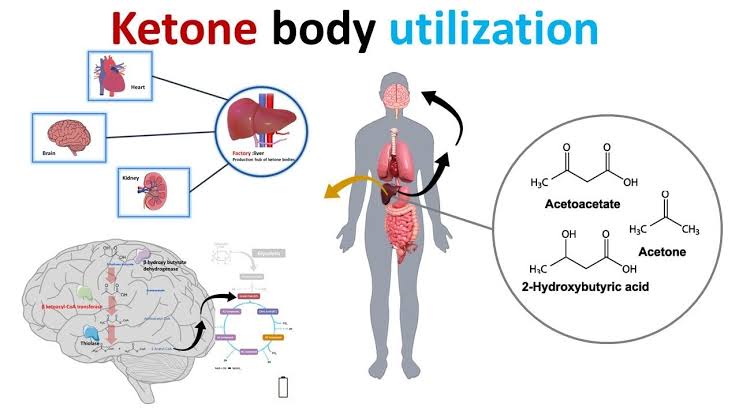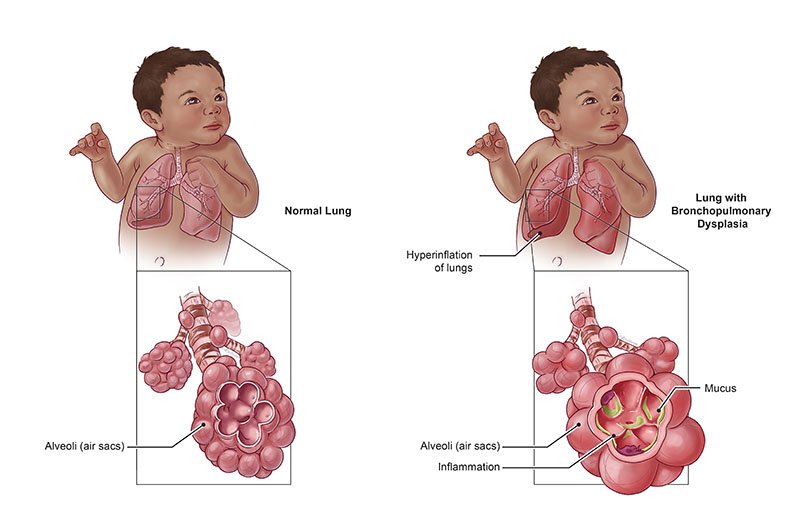Organ transplantation represents a profound medical advancement, offering life-saving opportunities for individuals with end-stage organ failure. However,...
Month: June 2025
Organ transplantation represents a life-saving intervention for patients with end-stage organ failure. However, a critical consequence of...
Cyclosporine (CsA) and Tacrolimus Cyclosporine (CsA) and tacrolimus are potent immunosuppressant drugs widely used in transplantation medicine...
Organ transplantation is a life-saving medical procedure that replaces a diseased or damaged organ with a healthy...
Blood typing, also known as blood grouping, is a critical laboratory procedure that identifies an individual’s blood...
Oral cancer, a serious and potentially life-threatening disease, arises from abnormal cell growth in the mouth. While...
Refractive errors are among the most common vision impairments worldwide, affecting millions of people across all age...
The electrocardiogram (ECG) is an indispensable tool in the diagnosis and management of acute coronary syndromes (ACS),...
Tachyarrhythmias, a group of cardiac rhythm disorders characterized by an abnormally rapid heart rate, represent a significant...
Red blood cells are the most abundant cellular components in blood, primarily responsible for oxygen transport from...
Cellular life is profoundly dependent on the precise regulation of substances moving across the plasma membrane. This...
Cellular life is a dynamic interplay of processes, and fundamental among these is the precise movement of...
In the intricate world of diagnostic imaging, the quality of an X-ray image is paramount, directly influencing...
In the realm of diagnostic imaging, X-ray film has historically served as a cornerstone technology for capturing...
The temporomandibular joint (TMJ) is a complex and crucial articulation connecting the mandible (lower jaw) to the...
Red blood cells (RBCs), or erythrocytes, are vital components of the circulatory system, primarily responsible for oxygen...
Fetal circulation is a remarkable physiological adaptation designed to support life in an intrauterine environment where the...
The journey from conception to birth is a marvel of biological precision, marked by distinct developmental stages....
Radiography, the art and science of capturing images of the internal structures of the body using X-rays,...
The Total Leukocyte Count (TLC), also known as the White Blood Cell (WBC) count, is a fundamental...
The production and maturation of red blood cells (RBCs), a process known as erythropoiesis, is a meticulously...
Hemopoiesis, often referred to as hematopoiesis, is a sophisticated biological process responsible for the continuous production, development,...
The mammalian immune system is a highly intricate network designed to protect the host from pathogens, toxins,...
Genital prolapse, also known as pelvic organ prolapse (POP), is a common condition affecting a significant number...
Postnatal care, often referred to as postpartum care, is a critical period spanning the first six weeks...
First aid is the immediate assistance given to a person suffering from an injury or illness, with...
Xerophthalmia, a term derived from the Greek words “xeros” (dry) and “ophthalmos” (eye), refers to a spectrum...
Screening is a cornerstone of modern public health, playing a vital role in the early identification and...
Essential Microbial Staining Techniques: Gram and Acid-Fast Bacillus Staining Introduction Microbial staining is a fundamental technique in...
The human immune system is a complex network of cells and molecules designed to protect the body...
Surgical contraception is a reliable and often permanent method of family planning used by couples who have...
Helminthic infestations, commonly known as worm infections, remain a significant public health challenge globally, particularly in regions...
Laryngeal neoplasms represent abnormal growths that occur within the larynx, commonly known as the voice box. This...
Definition of Retrograde Urethrography (RGU) Retrograde Urethrography (RGU) is a diagnostic radiological procedure used to visualize the...
The intricate balance of the human immune system is fundamental to health, enabling defense against pathogens while...
Dehydration is a common yet potentially serious condition resulting from excessive loss of body fluid. Maintaining adequate...
Pterygium is a common ocular surface condition encountered in clinical practice, particularly in regions with high sun...
Hypotonic Duodenography (HD) is a specialized radiological imaging technique used for the detailed examination of the duodenum....
Sirolimus, also known by its former trade name Rapamune and generically as rapamycin, is a potent macrocyclic...
Definition of a Barium Meal A Barium Meal, also known as an Upper GI series or Esophagogastroduodenal...
Antiproliferative agents play a critical role in modern medicine, particularly in the fields of organ transplantation and...
Transplant recipients face a significantly elevated risk of developing malignancy. While the precise percentage can vary depending...
Organ transplantation represents a life-saving intervention for patients with end-stage organ disease. However, the necessity of chronic...
Clinical Findings Associated with Allograft Rejection Clinical presentation of rejection can be highly variable, ranging from asymptomatic...
Organ transplantation is a cornerstone of modern medicine, offering life-saving treatment for patients with end-stage organ failure....
Living organ donation is a remarkable medical advancement that offers a vital alternative for individuals awaiting life-saving...
Organ donation is a profound act of generosity that offers life and hope to individuals suffering from...
The process of organ donation and transplantation is a complex and highly regulated medical undertaking aimed at...
Polyclonal antibodies, particularly xenogenic preparations like rabbit anti-thymocyte globulin (rATG) and equine anti-thymocyte globulin (eATG), represent a...
Organ transplantation stands as a life-altering medical advancement for individuals facing end-stage organ disease. While offering a...
Kidney transplantation is the preferred treatment for many patients with end-stage renal disease. While the vast majority...
Intra-operative management in renal transplant surgery is complex, requiring close collaboration between the surgical and anesthesiology teams....
Kidney transplantation is a complex surgical procedure offering life-changing benefits to patients with end-stage renal disease. While...
Introduction to Emphysema Emphysema is a chronic, progressive lung disease that is a major component of Chronic...
Kidney transplantation is a complex and life-saving surgical procedure requiring meticulous planning and execution. A critical decision...
Procedures involving the isolation and vascular anastomosis of the il iliac vessels (common, external, and internal iliac...
Successful kidney transplantation hinges not only on recipient preparation and surgical skill but also significantly on the...
Kidney transplantation stands as the preferred therapeutic option for many individuals suffering from End-Stage Renal Disease (ESRD)....
In the complex environment of clinical medicine, the strategic use of tubes and drains is fundamental for...
A stoma, derived from the Greek word for “mouth” or “opening,” is a surgically created opening in...
In modern medicine, the concept of ‘death’ has evolved significantly from the historical reliance solely on the...
Jaundice, characterized by the yellowing of the skin, mucous membranes, and the whites of the eyes (sclera),...
Portal hypertension is a significant clinical syndrome characterized by elevated pressure within the portal venous system. It...
Obesity has emerged as a major global public health crisis, recognized as a complex, multifactorial chronic disease....
Antibodies are naturally occurring proteins produced by the immune system to identify and neutralize foreign objects, such...
The foreskin (prepuce) is a retractable fold of skin that covers the head (glans) of the penis....
Gangrene is a serious and potentially life-threatening condition characterized by the death of body tissue. It occurs...
The aorta is the body’s largest artery, originating from the left ventricle of the heart and extending...
Access to the bloodstream or peritoneal cavity is a cornerstone of care for patients with chronic organ...
Allogeneic organ transplantation is a life-saving treatment for end-stage organ failure. However, the success of transplantation is...
Acute Kidney Injury (AKI) represents a significant medical challenge, characterized by a sudden decline in kidney function....
Fatty acid synthesis, also known as lipogenesis, is a crucial metabolic pathway responsible for converting excess metabolic...
Iron, Vitamin B12 (cobalamin), and Folic Acid (folate) are fundamental micronutrients critical for numerous physiological processes in...
Ischemia/reperfusion (I/R) injury is a complex pathophysiological process that occurs when blood supply is restored to tissues...
Organ transplantation and renal failure management are critical components of modern medicine involving multidisciplinary approaches, precise diagnostic...
Pharmacology is a foundational science in medicine and healthcare, providing the essential knowledge needed to understand how...
The digestive system is a complex network responsible for breaking down food into absorbable nutrients. A critical...
Organ transplantation represents a remarkable medical achievement, offering a lifeline to individuals suffering from end-stage organ failure....
Maintaining stable internal homeostasis requires precise control over the volume and composition of body fluids. The kidneys...
The cardiac muscle, or myocardium, is one of the most metabolically active tissues in the body. Functioning...
Maintaining optimal health involves understanding the vital roles of key organs and monitoring specific indicators in the...
Palliative care represents a specialized medical approach focused on improving the quality of life for patients and...
Understanding Alloimmunity in Transplantation The success of organ transplantation hinges significantly on controlling the recipient’s immune response...
Transplantation of organs or tissues (allografts) is a life-saving medical procedure, but it is fundamentally challenged by...
Eczema, also known as dermatitis, is a term for a group of inflammatory skin conditions that cause...
Organ transplantation represents a transformative medical intervention, offering hope and extended life to patients suffering from end-stage...
Lymphomas are a group of cancers that originate in the lymphatic system. They specifically develop from malignant...
Effective trauma care relies on a systematic, prioritized approach aimed at rapidly identifying and managing life-threatening conditions...
Liver failure represents a severe decline in hepatic function, leading to systemic complications and often requiring advanced...
Transplant surgery is a complex and highly specialized field, offering life-saving treatment for patients with end-stage organ...
Pregnancy and the subsequent period of lactation are critical phases in the life of a mother and...
Hypertension, or high blood pressure, is a major global health concern and a significant risk factor for...
Alcohol (ethanol) is a widely consumed psychoactive substance with complex pharmacological effects on the human body. Its...
The doctor-patient relationship is the cornerstone of effective healthcare. Far more than a simple transaction, it is...
Cancer is a complex disease characterized by uncontrolled cell proliferation and the ability to invade local tissues...
Hemoptysis, the coughing up of blood from the respiratory tract, is a symptom that can range from...
Introduction to Oxytocics Oxytocics are a class of pharmacological agents that stimulate uterine contractions. They play a...
Plasmid DNA isolation is a fundamental technique in molecular biology. Plasmids are small, circular, double-stranded DNA molecules...
Rheumatoid Arthritis (RA) is a prevalent and complex chronic autoimmune disease that primarily targets the joints but...
The realm of reproductive health and technology presents some of the most profound ethical and legal challenges...
Electrolytes are minerals in your body that have an electrical charge when dissolved in bodily fluids such...
The relationship between medical professionals and the pharmaceutical and medical device industries is complex and multifaceted. While...
Hypersensitivity reactions represent an exaggerated or inappropriate immune response to antigens, which can result in significant tissue...
The landscape of patient care is increasingly complex. While conventional Western medicine remains the dominant system in...
Maintaining a stable pH within the narrow physiological range is critical for normal cellular function, enzyme activity,...
Diagnosing liver diseases requires a systematic and multi-modal approach, integrating clinical presentation with various diagnostic studies. The...
The nervous system constantly receives information from the external and internal environments, allowing us to perceive sensations,...
The heart’s electrical system is a complex network responsible for coordinating the rhythmic contraction of the heart...
Soft tissue tumors represent a diverse group of neoplasms arising from non-epithelial extraskeletal tissues excluding the central...
The stomach is a vital organ in the digestive system, responsible for storing food, mixing it with...
Glomerulonephritis (GN) represents a group of kidney diseases characterized by inflammation and damage to the glomeruli, the...
Understanding the dynamics of blood circulation is fundamental to appreciating physiological function and pathology. Central to this...
Blood coagulation, or clotting, is a vital physiological process essential for maintaining vascular integrity and preventing excessive...
Maintaining the fluidity of blood while being poised to stop bleeding rapidly is a fundamental paradox of...
Pancreatic secretion is a highly regulated physiological process vital for the digestion and absorption of nutrients in...
The kidney plays a vital role in maintaining homeostasis by regulating fluid and electrolyte balance. A key...
Ketone bodies are water-soluble molecules produced by the liver from fatty acids during periods of low carbohydrate...


